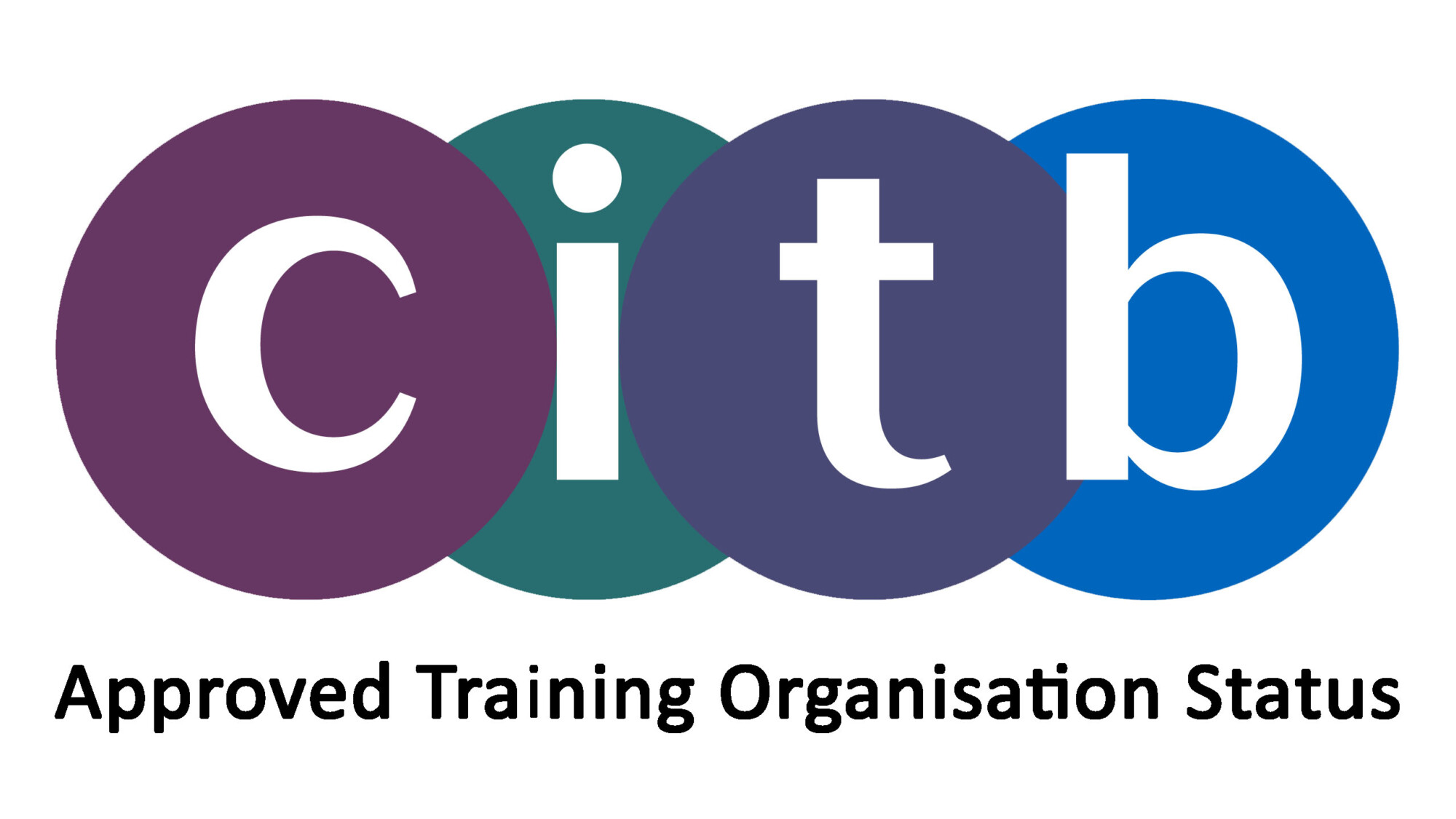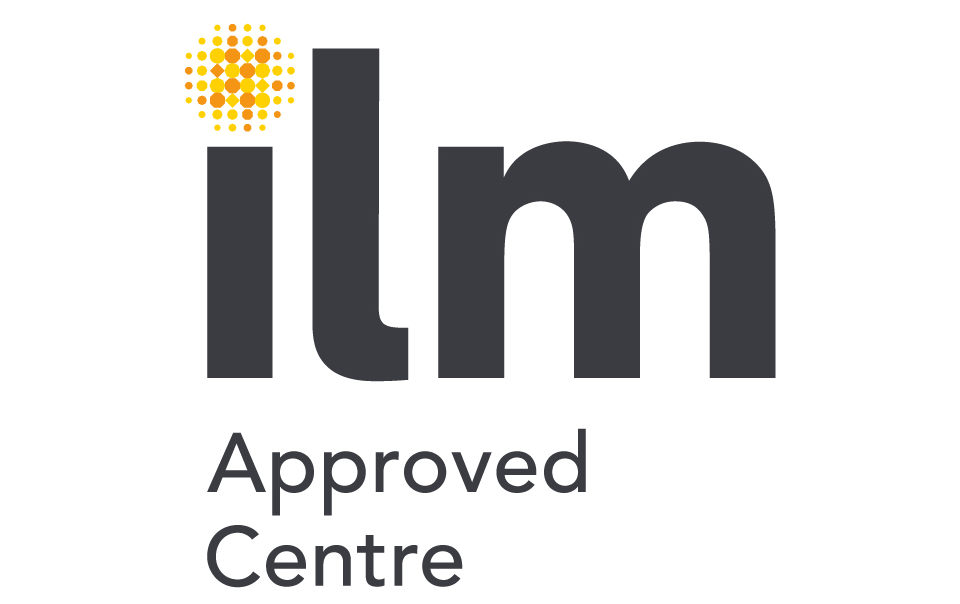How to Identify and Nurture Leadership Potential in Your Organisation
Finding and nurturing future leaders within your organisation is key to long-term success. But leadership isn’t always obvious, and it can be tricky to spot those who have the potential to take on bigger roles. Once you identify this potential, it’s important to offer the right support to help them grow into strong, capable leaders.
Spotting Leadership Potential
The first step is knowing what to look for. Leadership potential goes beyond job performance-it’s about attitude, behaviour, and mindset. People who demonstrate initiative, take responsibility for their work, and are willing to step up when needed are often strong candidates for leadership roles. They don’t wait to be told what to do-they take the lead on projects, offer solutions, and show a clear understanding of the bigger picture.
Effective communication is another key indicator. Future leaders are those who can clearly convey their thoughts and ideas, listen to feedback, and adapt their style depending on the situation. Look for people who bring others together, foster collaboration, and handle conflict well. If they can inspire and motivate their colleagues, that’s a great sign they’ve got leadership potential.
Developing Leadership Skills
Once you’ve identified potential leaders, it’s time to help them grow. One of the best ways to do this is through targeted development programmes. These don’t have to be complex or expensive. Offering mentoring, giving them opportunities to take on more responsibility, and encouraging self-learning can all make a huge difference.
Mentoring is especially powerful. Pairing potential leaders with experienced managers or executives gives them the chance to learn directly from those who’ve already been there. It provides a safe space to ask questions, seek advice, and gain confidence. Additionally, exposing them to different parts of the business helps broaden their understanding of how everything fits together.
Support Through Ongoing Feedback
Feedback is critical for leadership development. Regular, constructive feedback helps future leaders see where they’re excelling and where they need to improve. But it’s important that feedback is balanced. Focusing too much on the negatives can be discouraging, while ignoring areas for improvement can hinder growth.
A great way to offer feedback is through one-on-one meetings. These give leaders-in-training the opportunity to reflect on their progress, ask for advice, and set personal development goals. It’s also a chance for you to check in and see how they’re handling their new responsibilities. Supporting them in this way helps build confidence and ensures they feel valued within the organisation.
Cultivating a Leadership Culture
Ultimately, nurturing leadership potential is about creating a culture where leadership skills are valued and developed. Encourage a mindset of growth and improvement, where people feel empowered to step up and take the lead when needed. By doing this, you’ll create a pipeline of future leaders ready to drive the business forward.
Leadership isn’t just about filling a role, it’s about fostering the skills, attitudes, and behaviours that make a difference. By recognising and nurturing talent early on, you’ll set your organisation up for long-term success.
Esther Patrick is a Client Accounts Director at Keystone and a member of the Senior Leadership Team. An experienced consultant and management author, she has nearly 20 years’ experience leading client partnerships across sectors from construction to healthcare and designing leadership, culture, and team development programmes aligned with their strategic goals and values. Esther is passionate about creative, human-centred learning.



